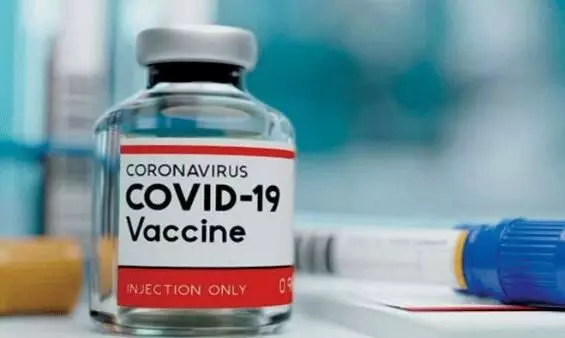
WHO backs AstraZeneca vaccine despite new virus variants
text_fieldsThe World Health Organization has recommended using the Oxford-AstraZeneca vaccine even in countries where the new Covid-19 variants are present. South Africa, grappling with one of the new virus variants, had recently halted the AstraZeneca vaccine's use after a study showed it provided very 'minimal protection' against the variant. Germany and France have also not cleared the vaccine's use for civilians above 65 years old, citing limited testing conducted in this age group.
WHO said that the two doses of vaccine administered at a 4-week interval make the vaccine more effective and hence deem it safe for people above 65. The WHO's Strategic Advisory Group of Experts on Immunization (SAGE) in its interim recommendation said the vaccine is 63 per cent effective.
Oxford vaccine, called the 'vaccine of the world', is cheap and can be mass-produced, stored in regular fridge temperature, and can be easily distributed to all countries than other vaccines.
WHO claims that though there were only a few people above the age of 65 in the trials, other studies also showed a nearly identical immune response in both young and older adults.
Dr Katherine O'Brien, WHO's director of immunization, said the South African study was "inconclusive" and it was "plausible" the vaccine would still prevent severe disease. Though vaccines might need to be updated to be fully effective against the new virus variants, the existing vaccines do provide partial immunity which is important at the moment in containing the spread.
"It is excellent news that the WHO has recommended the use of the SARS CoV-2 vaccine first produced in Oxford. This decision paves the way to the more widespread use of the vaccine to protect people against Covid-19 and gain control of the pandemic," said Prof Sarah Gilbert, the chief investigator on the Oxford vaccine trial.























